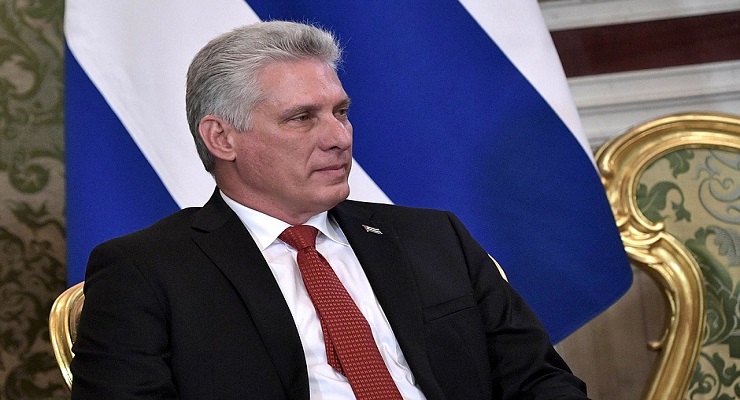
Hopes are increasingly being dashed that a wave of political and constitutional reforms in Cuba following Miguel Diaz-Canel Bermudez’s coming to power would lead to more freedoms and respect for human rights.
Democracy Digest reports of “Cuba’s rebranded dictatorship ‘heading firmly in a more authoritarian direction’” According to the post,
The European Union and Cuba [on October 3] held their second formal Human Rights Dialogue, under the EU-Cuba Agreement on Political Dialogue and Cooperation. The dialogue is supposed to enhance bilateral engagement in such areas as freedom of expression and access to information, as well as gender equality and the rights of vulnerable groups.
But the dialogue has come under criticism from human rights and democracy advocates for the EU’s anemic response to Cuba’s continued human rights violations.
Cuba is one of several regimes “heading firmly in a more authoritarian direction,” with which the EU has actually deepened cooperation, said analysts Ken Godfrey and Richard Youngs. In a large number of such countries, the EU has either signed or is offering new trade and aid agreements, while dampening any critical edge to its policy—examples include Azerbaijan, Belarus, China, Cuba, Egypt, Kenya, and Vietnam, they contend.
The full article can be read here.
Leave a Reply